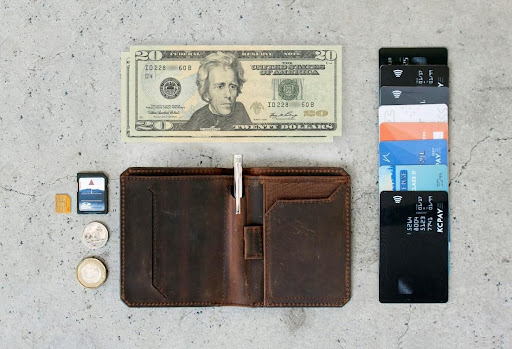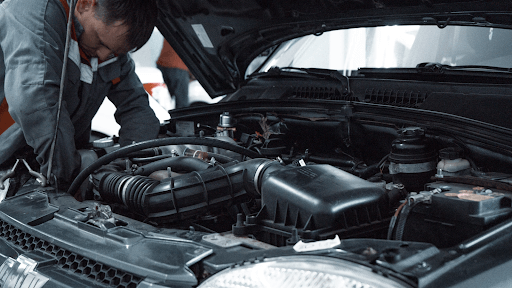In the age of digital everything and impersonal technology, some seek ways to do good deeds for others, random acts of kindness. However, most who pursue such an altruistic goal soon discover that being kind comes with pros and cons. The downside of helping a neighbor or unfortunate fellow citizen should not discourage anyone from taking positive action. But it is essential to be realistic and know what to expect, even when performing a benevolent service.
What are the most popular good deeds that today’s working adults consider? Besides serving as a mentor to a coworker or friend, many entertain the idea of cosigning on a student loan, offering lodging to an acquaintance who has fallen on hard times, donating blood or plasma to a community clinic, and giving money to those in need. Consider the following advantages and disadvantages of each act.
Being a Mentor
Every day, thousands of workers, older students, and others serve as mentors to younger peers in dozens of ways. Mentorship can be a personally rewarding, interesting, and educational activity for those who are inclined to take up the cause. However, it’s easy to underestimate the amount of time and energy the task can take, particularly in a corporate setting where mentors have their own responsibilities and job-related duties. If you want to be a mentor, speak with others who are already doing the job and find out how flexible the time commitment is, how long you would be required to fulfill the position, and any other relevant factors.
Cosigning on a Student Loan
It can be almost impossible for young adults to get approved for student loans unless they have a cosigner. Most have low or no income, thin credit history or none, and poor prospects for approval. It can be tempting to agree to become a cosigner when a friend or family member asks. Doing so can significantly boost chances for approval. But be sure you know the potential problems that can arise if you append your signature to someone else’s application.
While cosigners do have legal rights, they have numerous obligations. Plus, if the original borrower defaults on the loan, a cosigner can generally be compelled to pay. Additionally, you put your credit score at risk by becoming a cosigner, so think long and hard about doing so. Get answers to any questions you have before agreeing to cosign.
Offering Free Rent to Someone in Need
Helping a friend in need can bring a sense of personal accomplishment, particularly when that friend has nowhere to stay. Many working adults find themselves without shelter when they’re in the midst of a crisis, are in between jobs, or are in the process of getting a divorce. Keep in mind that free rent scenarios can quickly go sour if the recipient is irresponsible or is slow to move on to the next phase of life. To avoid the potential negativity, make clear written rules about how long the offer lasts and what the house rules are.
Donating Blood or Plasma
Few actions come with no negatives, but donating plasma or blood to a community hospital or clinic is one of them. That’s because, outside of temporary side effects like fatigue or slight dizziness, being a donor is one of the most helpful things a person can do for their fellow citizens. Note that most healthcare facilities that solicit donors offer free transportation to and from the site, free medical tests, and complimentary snacks. If you’re in good health, it’s possible to sign up for regular donations every few months. Giving plasma and blood saves the lives of people who have been in accidents and need transfusions, people who have illnesses, surgical patients, and newborn babies.

























